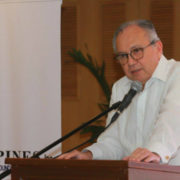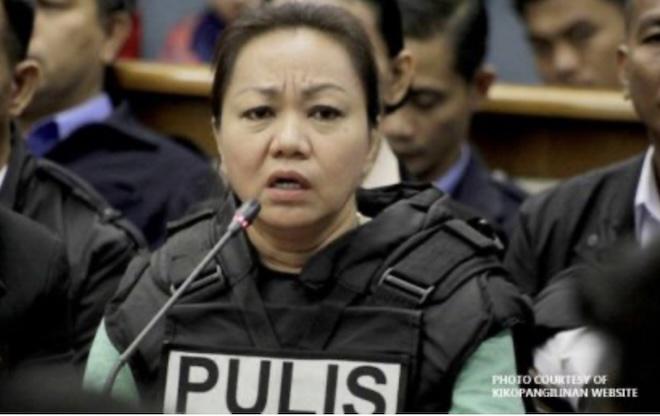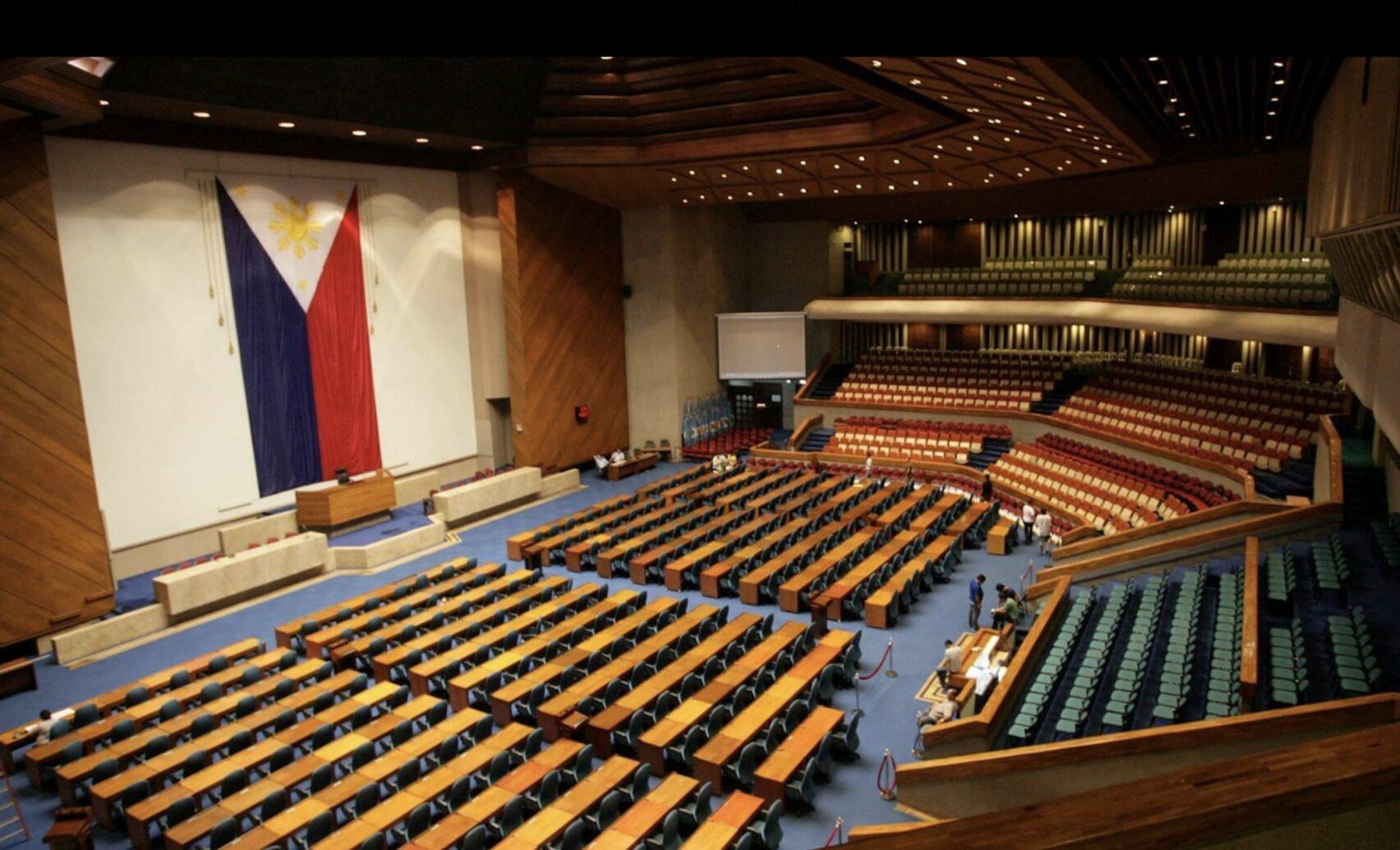Philippine Ambassador to the United States Jose Manuel “Babe” Romualdez has defended the decision of the Securities and Exchange Commission (SEC) to revoke the license of online news site Rappler.
In a letter to the New York Times dated Wednesday, January 24, Romualdez dismissed the alleged “political motivation” behind the SEC order against Rappler.
The ambassador also stressed that the commission’s decision is “about upholding the law” and “has no bearing on the state of press freedom in the Philippines.”
On January 15, the SEC revoked Rappler’s license to operate over the alleged violation of Constitutional restrictions on foreign ownership.
Rappler, for its part, maintained that it “is 100 percent Filipino-owned” despite having foreign investors. It also described the case against them as a form of “harassment” and an attack on freedom of the press.
The Philippine Constitution states that mass media entities must be wholly owned and managed by Filipinos.
“Efforts to impute political motivation to this case do a great disservice to Ms. Herbosa and the institution she leads,” Romualdez said, referring to SEC Chairwoman Teresita Herbosa.
He also described Herbosa as a “person of unimpeachable character.”
“She is highly respected within legal and policy circles for her commitment to the rule of law and to the public interest,” Romualdez further attested.
The ambassador wrote the letter in response to a January 16 editorial published by the Times titled, “After Killing Spree, Is a Free Press Mr. Duterte’s Next Victim?”
In its article, the publication criticized Philippine President Rodrigo Duterte for “go[ing] after independent media,” citing, in particular, the recent SEC decision against Rappler.
“The action against Rappler is only the tip of Mr. Duterte’s assault on his media critics,” the Times said, as it urged public to condemn the supposed “effort to silence independent voices” in the Philippines.
The editorial also condemned Duterte for his alleged “blatant violations of human rights,” taking note of at least 4,000 drug personalities who have been killed in the campaign against illegal drugs since he assumed office in 2016.
“Exposing such brazen abuse of power is a hallowed mission of a free press, so it should come as no surprise that authoritarians like Mr. Duterte usually go after independent media,” the Times said.
Malacañang, however, claimed that Duterte had nothing to do with the SEC decision.2






